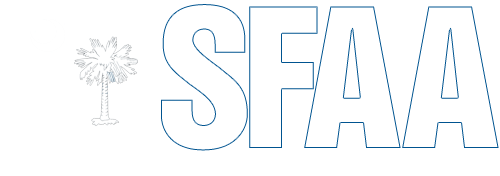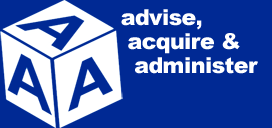According to Section 8-14-40, a public employer complies with Title 8, Chapter 14 of the South Carolina Code of Laws (originally enacted as Section 3 of The South Carolina Illegal Immigration Reform Act, 2008 S.C. Act No. 280) if it obtains a written statement from the contractor certifying that the contractor will comply with the requirements of Title 8, Chapter 14 and agrees to provide to the public employer any documentation required to establish either: (a) the applicability of Title 8, Chapter 14 to the contractor, subcontractor, and sub-subcontractor; or (b) the compliance with Title 8, Chapter 14 by the contractor and any subcontractor or sub-subcontractor.
The State Budget and Control Board's three central purchasing offices -- the State Engineer's Office, the State Procurement Office, and the Information Technology Management Office -- intend to obtain such a written statement by requiring that responses to public contract notices include standard language that parallels the statute. In other words, bids and proposals submitted in response to government issued solicitation, e.g., Invitations for Bids and Requests for Proposals, will have to include a standard solicitation clause.
For any solicitation issued before January 1, 2009 that may result in a contract being executed on or after January 1, 2009, the responsible procurement official should, as appropriate, either amend the solicitation to include the relevant clause or seek the prospective contractor's agreement to the clause prior to issuing the award.
In general, written statements will not be sought for contracts awarded before January 1, 2009.
Procurement Code Transactions: Non-Construction
In all contracts covered by the Act, the State Procurement Office and the Information Technology Management Office intend to use the clause labeled below as Procurement Code Transactions: Non-Construction. State level public entities conducting acquisitions subject to the Consolidated Procurement Code and using the Materials Management Office's Uniform State Provisions & Clauses may wish to use this clause to comply with Section 3 of The South Carolina Illegal Immigration Reform Act.
Procurement Code Transactions: Construction
For all construction-related contracts covered by the Act, the State Engineer's Office will be recommending the use of the clause labeled below as Procurement Code Transactions: Construction.
Other Transactions
For any transactions that do not fit one of the above two situations, the South Carolina public entity (state or local) conducting the transaction may wish to consider using the clause labeled below as Other Transactions.


